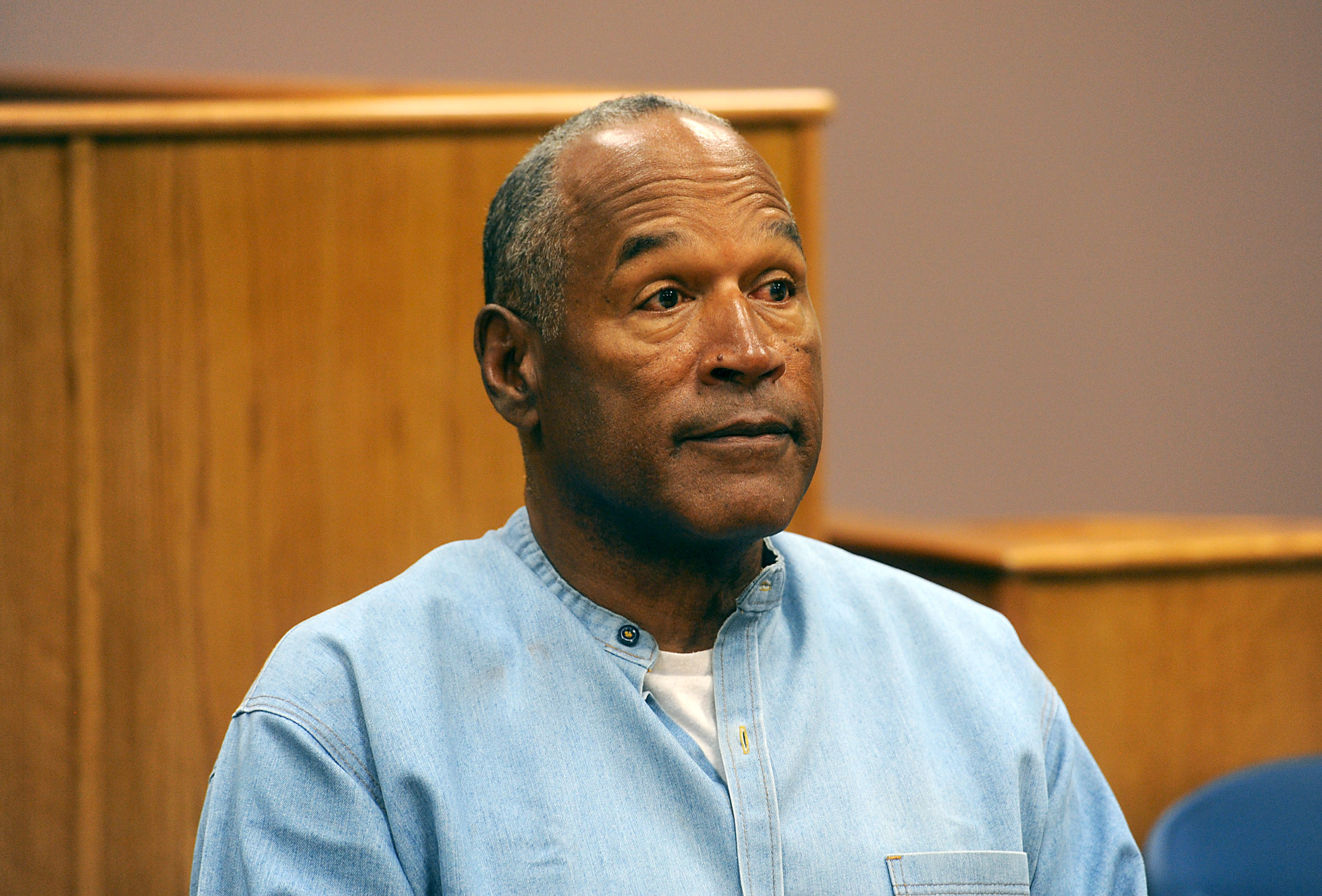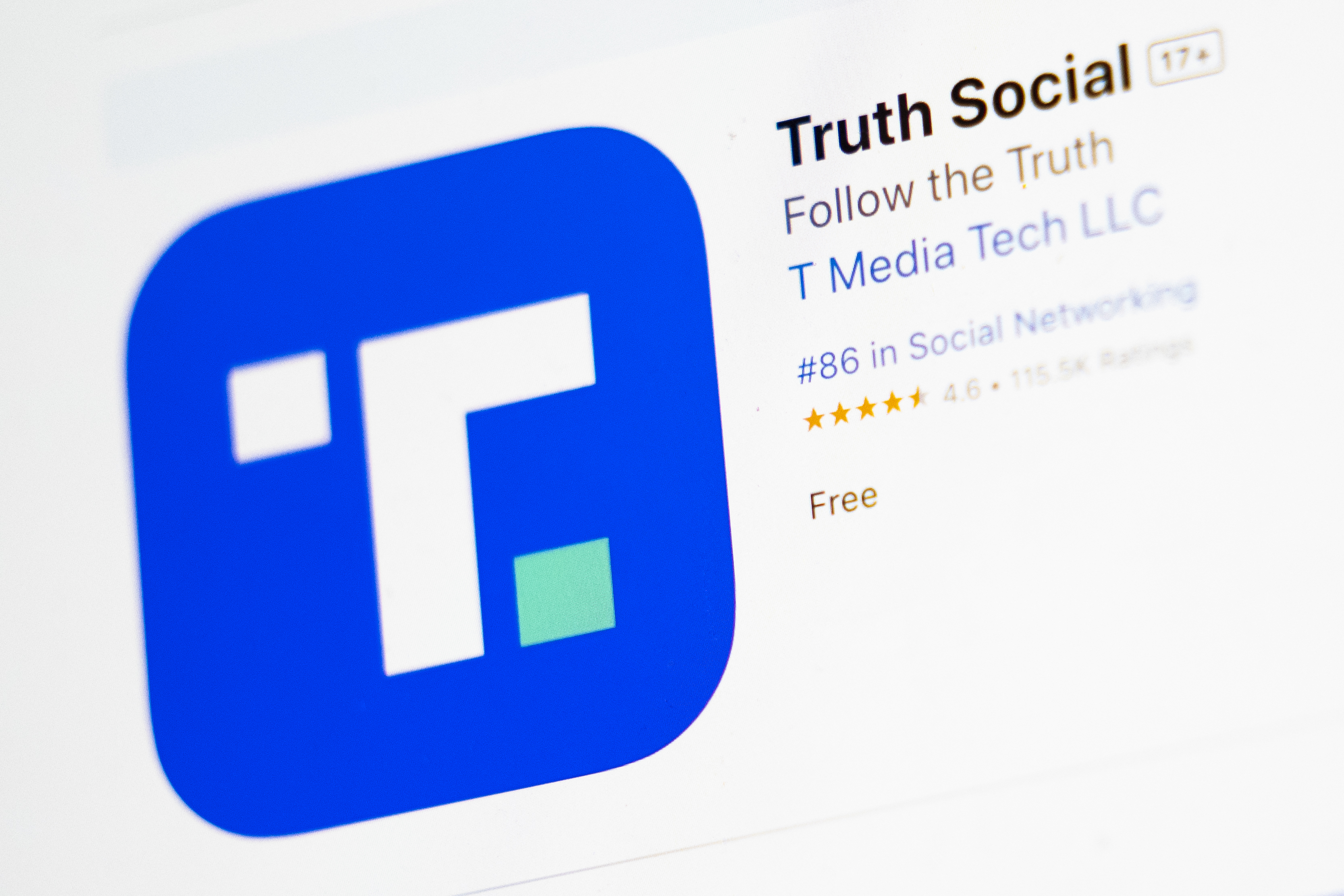The headlines hit in a persistent stream this season, and the onslaught only grew steadier as the Super Bowl approached.
Concussions scrambling the brains of current and former players.
Fantasy football under siege.
Poor officiating. Ugly football.
A commissioner still not fully trusted by the players and public to handle it all.
And yet, with the 50th edition of the NFL's title-game extravaganza on tap Sunday, the league has never looked in better shape.
The values of TV contracts are still rising. The league is bringing at least one, and probably two, teams to Los Angeles and getting new stadiums in Minnesota and Atlanta. More than 110 million people are expected to tune in to watch the Broncos play the Panthers for the title, and when the game is over, an offseason filled with the mundane business of contract negotiations, scouting combines and training camps will draw as much or more interest than all the other U.S. sports.
U.S. & World
Conclusion: The NFL, despite all its problems, is essentially made of Teflon.
"You look at all the things that have happened over the course of five to 10 years that would appear to have thrown bad light over the NFL," said Dennis Deninger, who teaches a class at Syracuse called The Super Bowl and Society. "And each time, the NFL has recovered and moved forward."
It's not to say there aren't issues, and that the league isn't trying to "get better," as commissioner Roger Goodell emphasized in the opening of his annual Super Bowl news conference Friday.
"To me, player safety is always going to be No. 1, no matter what else happens," said John Mara, a co-owner of the New York Giants.
The NFL has attempted to make its game safer, but the authenticity of the effort has been questioned by people both inside and out of the sport. In an Associated Press survey released last weekend, only 47 of 100 players from across the league answered "Yes" when asked if they felt NFL teams, coaches and team doctors had players' best interest in mind when it came to their health.
Meanwhile, as the much-hyped movie "Concussion," illustrated, the NFL has a credibility gap when it comes to showing it really is trying to mitigate head injuries. The NFL's own study showed a 58 percent increase in concussions in 2015 over the previous year — a result the league suggested could have come about because of better reporting.
"The game's in a good state, but I just don't know with head injuries," said Jake Plummer, the Broncos quarterback who retired suddenly in 2007, after 10 seasons in the league, which allowed him to get out while he was still relatively healthy.
"Any smart culture eventually stops playing sports that will possibly leave you debilitated," Plummer said. "So, the question is, when's that going to click, or will it ever click?"
That discussion will play out over years, maybe decades. Meanwhile, the NFL has more pressing matters at hand:
Player Discipline
Most vividly illustrated by Goodell's four-game suspension of Patriots quarterback Tom Brady for his role in "Deflategate." The suspension was overturned by a judge who said Goodell overreached — not an uncommon thought about a leader who has struggled to find balance in handing out punishment in a number of areas. One of those areas, domestic violence, was back in the news Thursday, when allegations surfaced that quarterback Johnny Manziel hit his former girlfriend.
Fantasy Football:
Authorities in several states have questioned the legality of fantasy football "daily" games — games that last less than a full season — saying they are akin to gambling. Fantasy football is considered a major growth area for the NFL, one that could be severely curtailed.
Officiating and Quality of Play:
Though there were many examples of poor referee-work and just as many poorly played games this season, Goodell brushed it off, instead touting a record number of contests decided by eight points or less.
Los Angeles:
The league still has to decide if the Chargers or Raiders will join the Rams in L.A., though just getting back into the country's second-largest market can only boost the value of future TV/media deals.
"These owners look at their Wall Street buddies who have 40-to-50-billion-dollar businesses and they're like, 'We're only a 12-billion-dollar business,'" said former Packers executive Andrew Brandt, who now teaches and also reports on the business of the NFL. "I think the way they look at their world is so different from the average fan."
The average fan does not stay away from football despite the steady drumbeat of bad news.
Super Bowl week opened with news about late Raiders quarterback Ken Stabler, who was revealed to have suffered from CTE, a brain disease associated with head trauma that has been discovered during autopsies of dozens of football players.
Goodell insists the NFL is working on making the game safer. In response to the season's violent outbursts by Giants receiver Odell Beckham Jr., Bengals linebacker Vontaze Burfict and others, he suggested a rule that would call for an automatic ejection if a player receives two personal fouls in a game.
It was a small tidbit of news, the debate over which will generate headlines as big as those for any baseball game in July or an Olympic medal in August.
"That's what you have to look at — the NFL and the Super Bowl as an entertainment product, and a whole lot of people who really do love that entertainment product," Deninger said. "There's enough good publicity and entertainment value in the product to more than offset all the bad publicity they get from the other places."



